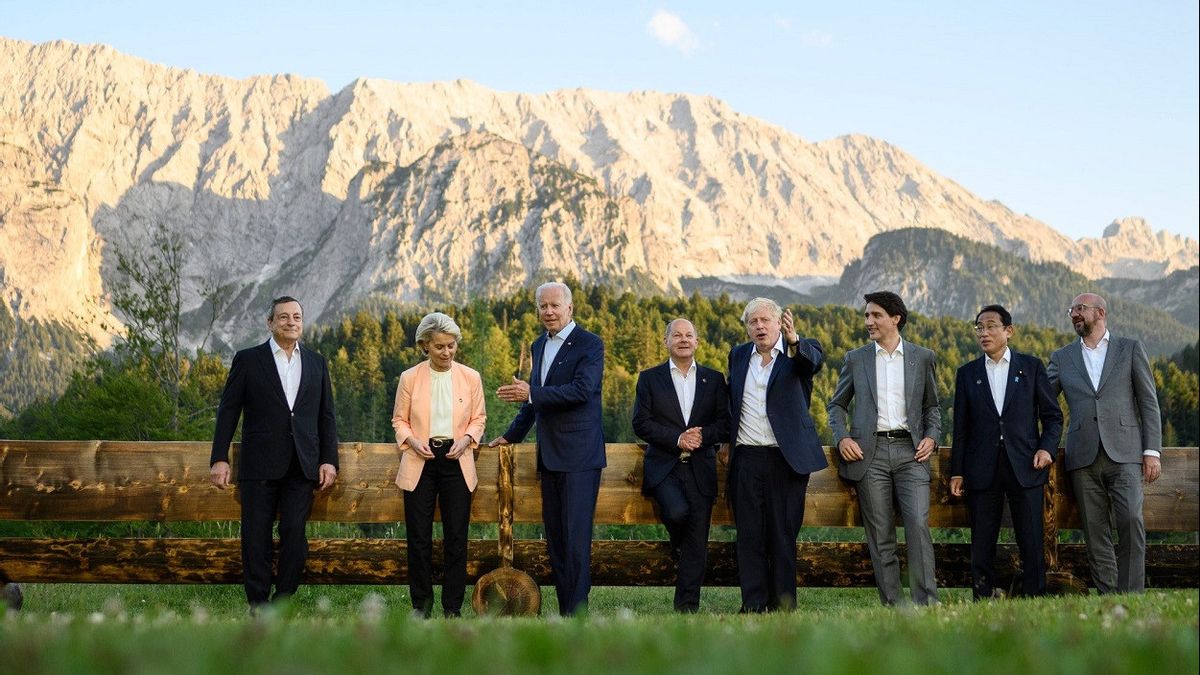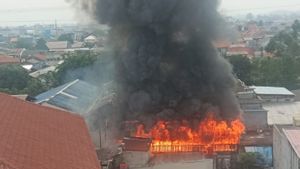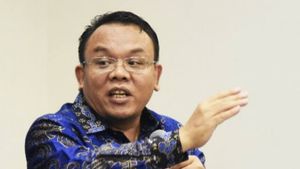JAKARTA - Prime Minister Fumio Kishida stressed the need for Group of Seven (G7) leaders to show unity, to prevent other countries from taking 'wrong lessons' from Russia's invasion of Ukraine, in a clear reference to China's 'muscle tension' in Indo-China. Pacific.
PM Kishida highlighted the severity of the security situation around Japan during the G-7 summit in southern Germany, citing Beijing's shipping of ships to the waters around the Senkaku Islands and its exploration of gas fields in the East China Sea, as attempts to change the status quo by force. .
"We have seen efforts to change the status quo with violence continue and escalate in the Indo-Pacific," PM Kishida was quoted by a senior Japanese government official as telling his G-7 counterparts.
"We need to make sure other countries don't take the wrong lessons from the situation in Ukraine," he said, calling for safeguarding the rules-based international order.
With North Korea continuing to launch ballistic missiles and apparently making preparations for a nuclear test, PM Kishida said the international community should not give Pyongyang the impression that "the window of opportunity for continued missile development is open."
In addition, PM Kishida also called on China to increase transparency regarding its nuclear arsenal, according to Japanese officials.
PM Kishida made remarks during the G-7 session on diplomacy and security, while explaining that Japan will fundamentally increase its defenses in five years, with a substantial increase in relevant spending.
Japan's ruling Liberal Democratic Party has asked PM Kishida's government to increase defense spending to the equivalent of at least 2 percent of gross domestic product (GDP), the spending target for North Atlantic Treaty Organization (NATO) countries.
Japan, known for its pacifist constitution, has long limited its defense budget to around 1 percent of GDP, or about 5 trillion yen (37 billion US dollars) in recent years.
Following the G-7 meeting, PM Kishida will attend a two-day NATO summit starting Wednesday, becoming the first Japanese prime minister to do so, after the 30-member trans-Atlantic alliance invited Asia-Pacific partners such as Japan, South Korea and Australia to the meeting.
Leaders at the summit are expected to endorse new strategic concepts that define the security challenges facing the alliance, including China's rapid militarization and efforts to undermine the rules-based international order.
Tensions remain high between Japan and China over the uninhabited Senkaku Islands, which are administered by Japan but claimed by China. Ahead of the summit, Japan also expressed strong concerns to China regarding alleged gas exploration in contested areas in the East China Sea.
The English, Chinese, Japanese, Arabic, and French versions are automatically generated by the AI. So there may still be inaccuracies in translating, please always see Indonesian as our main language. (system supported by DigitalSiber.id)










